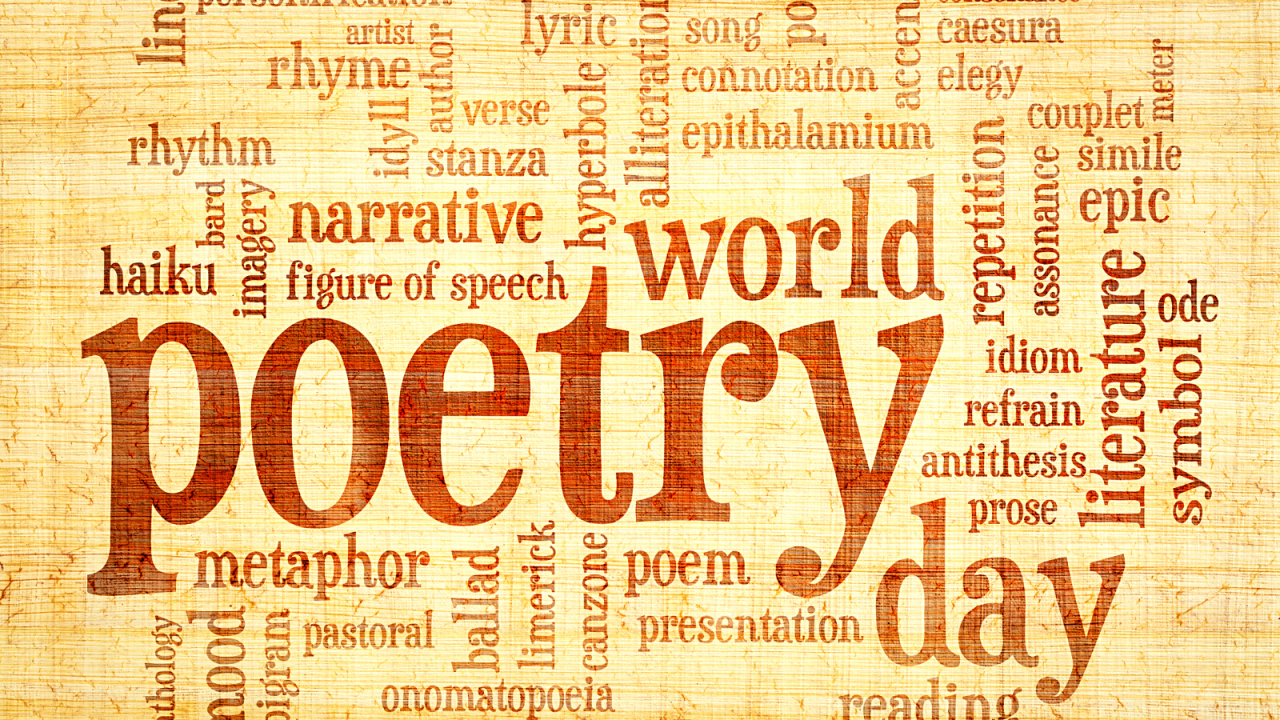
What Poetry Can Teach Us About The Brain
Poetry has been captivating readers for centuries, drawing us in with its beautiful language and vivid imagery. But what happens in our brains when we read a poem?
Recent research in the field of neuroscience has shed light on the unique ways in which the brain processes poetic language and the emotional responses it can evoke. Neuroscientists have been exploring how the human brain reacts to poetry using advanced tools such as functional magnetic resonance imaging (fMRI). What they’ve discovered is that our brains seem to be wired to recognize the rhymes and rhythms that poets use and differentiate them from ordinary speech or prose. Moreover, contemplating poetic imagery and the multiple layers of meanings in poems activates specific areas of the brain that help us interpret our everyday reality. This is because poetry often contains metaphors, imagery, and other literary devices that can evoke powerful emotional responses in the reader. For example, a poem that describes a sunset in vivid detail can elicit feelings of awe, beauty, and tranquility.
In addition to activating emotional centers in the brain, reading poetry also engages the regions involved in processing language. While the emotional impact of poetry can be powerful and immediate, the cognitive processing involved in understanding and appreciating poetic language is also important.
Studies have shown that reading poetry activates a network of brain regions involved in processing language, including areas responsible for phonological and syntactic processing, semantic memory, and working memory. Poetic language often employs figurative language, metaphor, and other rhetorical devices, which require the brain to engage in a more abstract and nuanced mode of thinking than everyday language.
Furthermore, research has suggested that the cognitive processing involved in reading poetry can lead to a greater appreciation and understanding of the emotional content of the poem. This is because the effort required to process the poem’s language can lead to a deeper engagement with the meaning and emotional resonance of the words.
Interestingly, the brain regions involved in processing poetry also overlap with those involved in autobiographical memory which includes regions in the prefrontal cortex, medial temporal lobe, and posterior cingulate cortex. This suggests that reading poetry can indeed be a deeply personal experience, as it can evoke memories and emotions that are specific to the individual reader.
When we read a poem, we may relate to the experiences or emotions expressed by the poet, and this can trigger memories or emotions from our own lives. Additionally, the use of vivid and sensory language in poetry can help to create a rich and immersive mental image, which can further enhance the personal and emotional impact of the poem. Furthermore, research has suggested that the personal relevance of a poem can influence how the brain processes language. For example, a study found that when participants read poems that were personally meaningful to them, there was increased activity in brain regions associated with self-referential processing, such as the medial prefrontal cortex.
By understanding the neuroscience of poetry, we can gain insights into why poetry has such a powerful impact on us, and how it can be used to improve our mental and emotional health. This World Poetry Day, let us celebrate not only the beauty of poetry but also the fascinating science behind it.
PhD at University of Hertfordshire
3moI'm collecting papers and articles on poetry, interoception and the body and I love what you have written about poetry here but when I get round to putting a paper together can I reference it? If so how?
Artistic Ignorance | Creative Mornings Speaker
8moI'm so thrilled this info is being disseminated as is. When I came across this study sometime back, it gave my passion for poetry even more weight. Thanks for the share! If we are talking about the same study, it is available online at Research Gate and is called By Heart. I subbed bro.
Director/ Specialist Audiologist at Jervis Bay Hearing Centre
9moThank you! Your writing provides a deeper understanding of being human!
teacher chez ILCF,Annecy, France
10moVery interesting. I write poetry in English and French. Must be good for my brain.
Faculty of English| Author| motivational blogger and writer
1yThanks for sharing, Prof. William O'Connor, this really amazing research. I'm so happy to read this as a poet. I'm the author of one collection of motivational and existentialism poetry "Reborn". And I use poetry many times while writing blogs at www.foresighted-life.com.